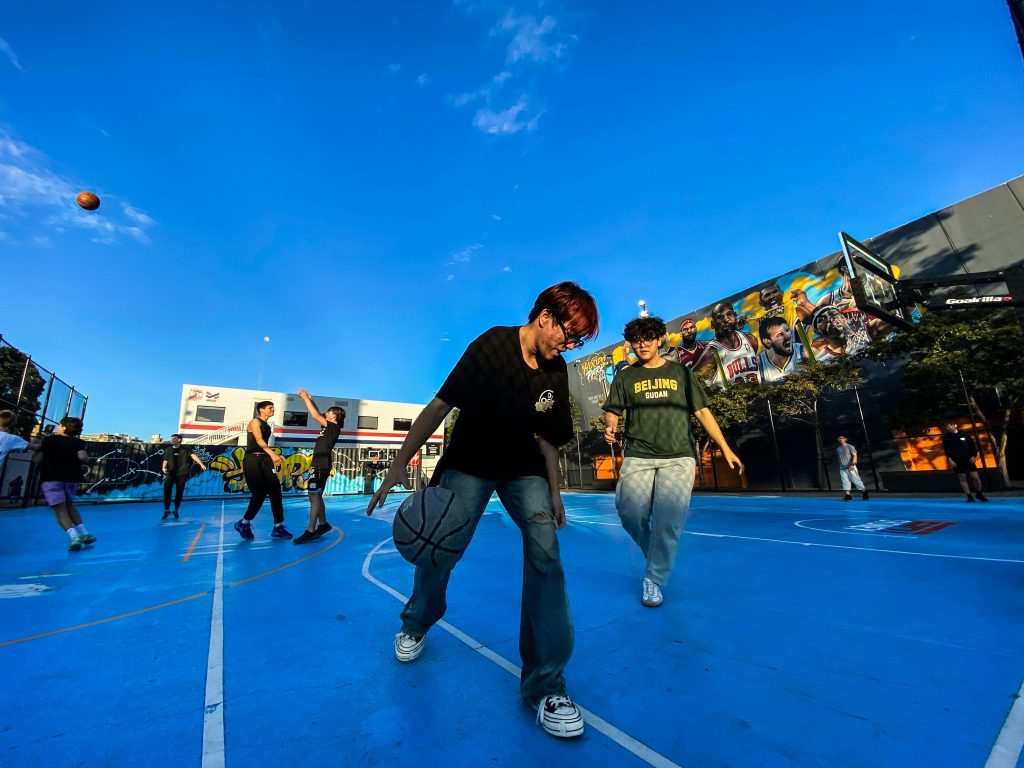
JD Vance’s College Days Resurface Amid Drag Controversy
In a whirlwind of social media activity, a series of images purportedly showcasing Senator JD Vance in drag have ignited a firestorm of debate and discussion. The images, which surfaced over the weekend, depict Vance donning a blonde wig and skirt while engaging in a game of beer pong during his college years at Yale Law School in 2011. These nostalgic snapshots have not only gone viral but have also led to a reckoning of sorts regarding the senator’s previously established conservative stance on gender expression and drag culture.
Content creator and podcast host Matt Bernstein was among the first to circulate these images on platforms like X and Instagram, prompting a wave of reactions across the internet. The juxtaposition of Vance’s current political persona with his youthful escapades has stirred conversations about authenticity and the evolution of personal beliefs over time.
In light of the uproar, Vance’s team has tried to downplay the incident, asserting that he merely wore a ‘bad wig’ at a college party, an experience they argue is hardly scandalous. A source close to the senator echoed this sentiment, emphasizing that many young people experiment with costumes and self-expression, particularly in a college setting.
However, the emergence of these images has led many to question Vance’s credibility as a conservative voice against drag performances and LGBTQ+ rights. Critics have seized the opportunity to label him a hypocrite, pointing to the stark contrast between his past and present views. Out Magazine took a bold step by inviting professional drag queens to critique Vance’s actions, further amplifying the discourse around his political stance and personal choices.
This incident highlights a broader theme within the political landscape, where personal history and public persona often clash, particularly in the realm of social issues. As debates about gender identity and expression continue to dominate conversations, the reactions to Vance’s past provide a glimpse into the complexities surrounding these topics in contemporary politics.
The senator’s foray into drag, even for a fleeting moment, raises questions about the politics of identity and the narratives that politicians construct around their lives. In the age of social media, where past actions can resurface in an instant, the stakes for authenticity and accountability have never been higher. The incident serves as a reminder that everyone has a past that may not align perfectly with their present beliefs and that the journey of self-discovery is often fraught with contradictions.
As the dialogue surrounding Vance’s drag photos unfolds, it may prompt a broader reflection on the nature of political hypocrisy, the fluidity of identity, and the societal expectations placed on public figures. The senator’s experience is not just about a few photographs; it’s about the ongoing negotiation between personal expression and political ideology in an increasingly polarized world.
In conclusion, as JD Vance navigates this unexpected controversy, it remains to be seen how it will impact his political career and the perceptions of his constituents. This episode serves as a potent reminder that the past can never truly be buried, especially for those in the public eye, and that the conversations around gender and identity are far from settled. The dialogue surrounding Vance’s drag photos has opened up necessary discussions about acceptance, evolution, and the complexities of human experience in the realm of politics.
Tags: drag, hypocrisy, JD Vance, JD Vance drag, LGBTQ+

相關頭條